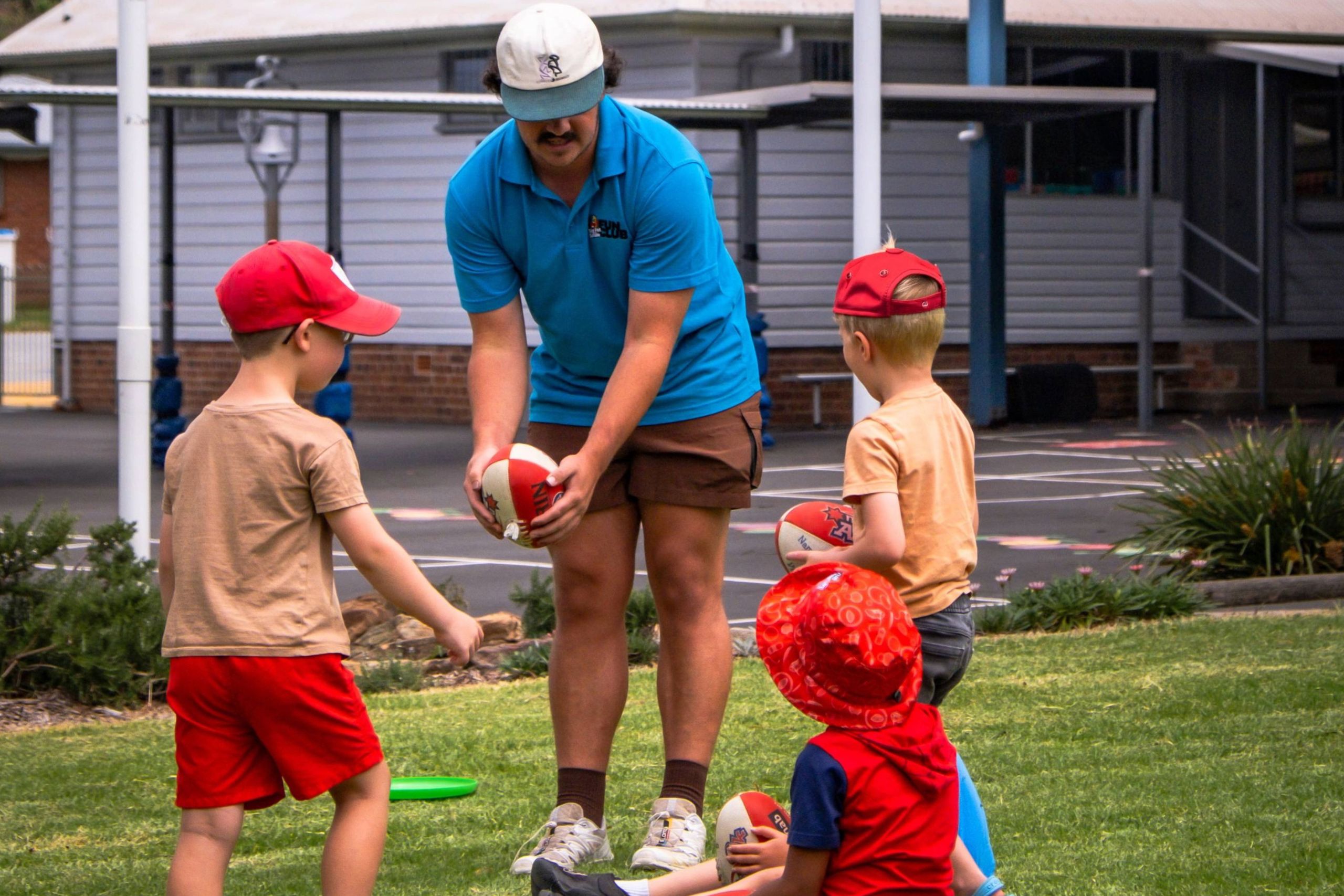Have you ever wondered how different your child’s daily routine is to children in other parts of the world? It is easy to get so immersed in our own ways that we sometimes assume everyone does it the same. It is a big wide world out there and to get an insight into just another country’s ways of doing things, we have explored the life of a seven year old in China. We are lucky enough to have his Aunty working in our office, so she was more than happy to speak about it and put us in contact with her adored nephew, Tongtong.
Did you know that in China, some children attend Preschool from 2.5 years through to 7 years but only if their parents can afford it? Does that seem strange to you? Preschool as we know it is for children aged 3-5 years. A 7 year old in Australia would be in Primary School. Chinese Preschools are separated into four groups; Little Little Group (2.5-3 years), Little Group (3-4 years), Middle Group (4-5 years) and Big Group (5-7 years). Once a child turns 7, they move onto Primary School, then Secondary School for 13 to 15 years and High School for 15 to 18 years.
Education is very important in China. All children are tested every week, with weekly marks being recorded to track development. In Primary School, all children are given a score between 0 and 100. This score is sent to parents and displayed on noticeboards around the school. At the end of each school year, the child’s scores are calculated to derive an annual score and this is how the children are ranked.
If a child scores less than 60% in their annual score, they do not progress onto Secondary School. As you could imagine, all children work hard to achieve this so that they will be accepted into selective Secondary Schools on merit. If a child does not achieve Secondary School status, they will struggle to gain employment later in life and most will end up in labour jobs.
Is that a lot of pressure for a child? Or is it developing the understanding that hard work and effort will bring success in Chinese life?
In China, each classroom has approximately 60 children in it, with only one teacher. Shocked? How does the teacher control 60 children? Very well, actually. This is where the development of discipline instilled in the children from 2.5 years pays off.
Meet Tongtong
As mentioned, we have a very proud Aunty Lan who works as Big Fat Smile’s International Director – China. Tongtong is her beloved nephew. He was so happy to talk about his school routine and proud to be sharing his story with us and you.
Tongtong is in Grade 1 (Yi Nian Ji). He has a very strict and very full daily routine, but he loves it. He wakes up at 7am every morning and gets dressed for school. He doesn’t have to wear his school uniform unless there is a special event on – lucky him, right! At 7.30am, Tongtong will go to school and have breakfast. Yes Mums, the kids are fed at school! Wouldn’t this make for an easier morning routine!
At 8.15am, Tongtong begins class. He has a 40 minute class initially, usually Chinese language, Mathematics, Music, Moral ED (Education), Health, Art or Safety. At 9.40am, Tongtong will then make his way outside for an outdoor exercise session.
At 11.25am, he then goes home. No, school is not over! He will go home for lunch and a midday nap. We like the idea of this! For those parents who work and cannot be home for the children, the children can do this at school. It is run similarly to the Australian before or after school care.
Tongtong must be back at school by 1.50pm for more classes until 4pm after which the children play. They leave school at 4.25pm.
When Tongtong arrives home, he begins his homework. This usually takes one hour. Once complete, he has piano class for another hour.
At 7pm, he is allocated play time, a bit of TV time and a bath. By 8.45pm, Tongtong is in bed.
Interesting Fact
Did you notice that Tongtong is wearing a red scarf in his video above? Well, there is a very unique reason for this. This is worn by students who have acceptable grades and are considered a ‘good person’ who follows the Chinese Government rules.



